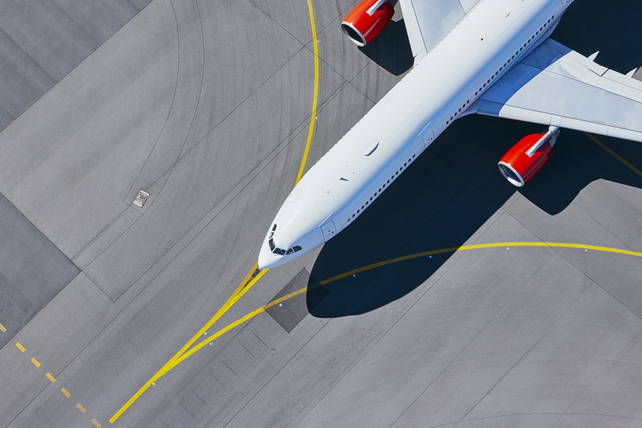
Safety, Taxation, and Radio Frequencies: IATA Identifies Key Risks for Global Aviation
Safety, Taxation, and Radio Frequencies: IATA Identifies Key Risks for Global Aviation
Tashkent, Uzbekistan (UzDaily.com) — The International Air Transport Association (IATA) has high expectations for the upcoming 42nd Assembly of the International Civil Aviation Organization (ICAO), which will take place in Montreal from September 23 to October 3, 2025. The organization has prepared 14 working papers covering a wide range of issues included on the Assembly’s agenda.
IATA Director General Willie Walsh emphasized that the priority topics will be safety, efficiency, and sustainability of the aviation sector. He highlighted the need to strengthen support for the production of Sustainable Aviation Fuel (SAF) and the implementation of the CORSIA mechanism as key tools to achieve net-zero emissions by 2050.
Other priorities include adherence to the principles of the Chicago Convention, prevention of fragmented taxation and passenger rights regulations, enhancement of safety through timely publication of incident reports, minimization of risks to GNSS navigation systems, and preservation of critically important radio frequency spectrum.
Global standards, developed in cooperation with ICAO member states and airlines, form the foundation for safe, efficient, and sustainable aviation operations worldwide. ICAO’s triennial Assembly provides countries with an opportunity to agree on the Organization’s work program for the coming years and to define the key directions for industry development.
“The role of global standards cannot be underestimated. I look forward to the outcomes of the upcoming Assembly with optimism. All participants want safe, efficient, and sustainable flights. Many of our initiatives are aimed at helping governments implement previously agreed decisions more effectively,” Walsh said.
Among IATA’s key proposals, special attention is given to SAF production. The association calls on states to support the development of a functioning sustainable aviation fuel market, strengthen economic incentives for producers, and intervene with regulatory measures in a timely manner to eliminate market anomalies.
Equally important is the topic of CORSIA—the Carbon Offsetting and Reduction Scheme for International Aviation—agreed upon by states at the 39th ICAO Assembly in 2016. CORSIA is recognized as the only economic measure to reduce global aviation carbon emissions; however, the ongoing expansion of national and regional taxes undermines confidence in the scheme and hinders sustainable industry development. IATA urges states to reaffirm their commitment to CORSIA and ensure an adequate supply of Emission Units (EEUs) for airlines to meet their obligations.
The association also highlights airline taxation issues, calling on countries to refrain from revising Article 8 of the UN Model Tax Convention, which could lead to double taxation and additional administrative costs. In the area of passenger rights, IATA advocates aligning national regulations with ICAO’s Core Principles and developing guidance to harmonize responses during widespread disruptions.
Radio frequency spectrum remains a critical issue, as increasing demand from 5G deployment and future 6G networks poses risks to aviation safety. IATA also stresses the importance of timely investigation of aviation incidents and publication of reports in accordance with ICAO Annex 13. Coordination between military and civil aviation authorities is necessary to protect navigation systems and develop cybersecurity strategies.
Particular attention is given to aircraft equipment requirements and age limits for pilots on international multi-crew flights. The association supports raising the maximum age to 67, provided at least one pilot is under 65 and subject to enhanced medical monitoring, as well as establishing a unified system for assessing and controlling medical risks.
IATA emphasizes that the successful work of the Assembly and the subsequent implementation of its decisions are critical to the safety, sustainability, and development of the global aviation industry.